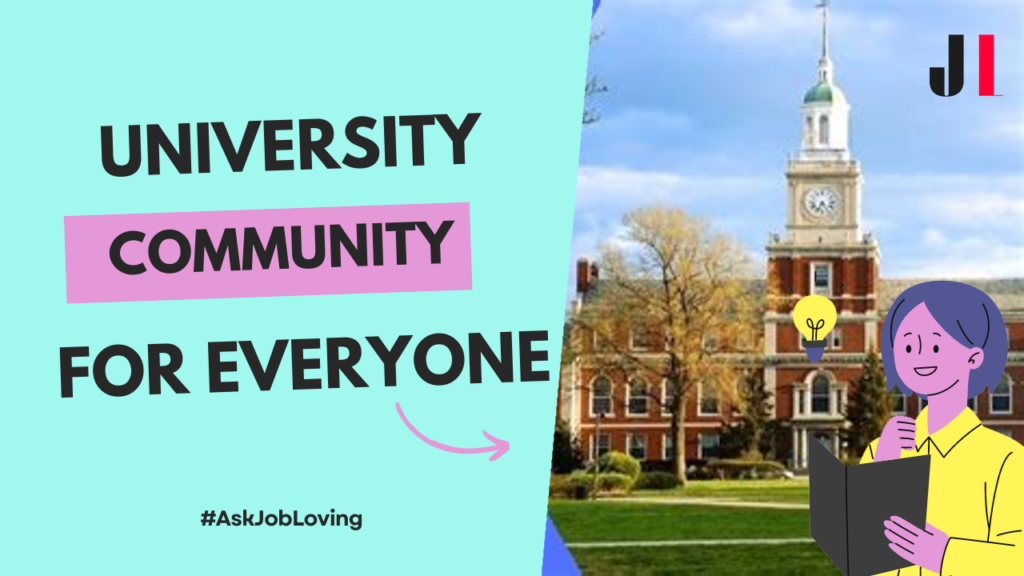Why is Howard University Removing Classics?
Recently, Howard University made headlines with its decision to dissolve its classics department. Many are left wondering, why is Howard University removing classics? This shift is part of a larger trend across universities nationwide, balancing the demand for diverse curricula with a necessity to adapt to contemporary educational needs. It’s about looking ahead while managing the weight of tradition.
This move doesn’t mean that classic literature and ancient philosophies will disappear entirely. In fact, tenured faculty from the classics department will be reassigned to other departments, ensuring that these important subjects can still be explored, albeit under different banners. This reorganization reflects Howard’s ongoing commitment to education that resonates more with current social dynamics and student interests.
The Broader Context Behind the Shift
So, what’s really driving this decision? In recent years, there’s been a seismic shift in academia—an overarching push toward utilitarian learning at the expense of what some would call ‘soulful’ education. As many argue, embracing strictly practical education often leaves less room for critical thinking or the contemplation of moral and ethical lessons that classics impart.
Many educators and thinkers express concern that as we replace classical studies with more ‘marketable’ degrees, we might be sacrificing an essential aspect of cultural literacy. Classics are more than dusty books; they offer insights into human nature and the complexities of society that remain relevant regardless of era. Some prominent scholars, including Cornel West, have labeled this a cultural and spiritual catastrophe, warning of a potential decline in our intellectual spirit if we continue on this path.
Conclusion: A Complex Decision
In essence, Howard University’s decision to remove its classics department marks a significant moment in the ongoing debate about the future of liberal arts education. While the classics will still be accessible through other departments, this transition reflects broader societal changes in educational priorities. It poses important questions about what we deem valuable in education today—questions that educators and students alike must grapple with in this evolving academic landscape.
If you need further help, answers, or research resources about why is Howard University removing classics, feel free to connect with us at the JobLoving community.

